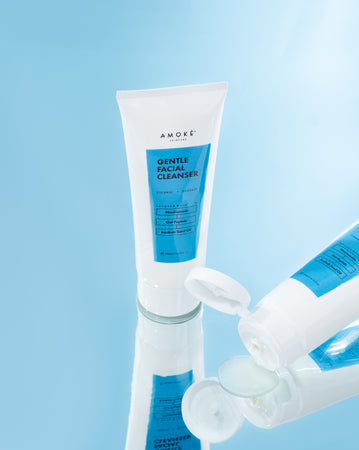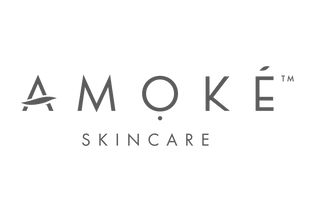Are you struggling with Post Inflammatory Hyperpigmentation??

Post Inflammatory Hyperpigmentation (PIH) sounds like a mouthful but trust me it's not that complicated so let's demystify it right now. Let's look at each word in turn..Post - after. Inflammatory - something that caused reddening and swelling of the skin for example acne, injury, dermatitis. Hyperpigmentation - excess pigmentation (melanin). So when we put it all together, all we're really referring to is the areas of temporary pigmentation (dark marks) left after inflammation, in my case, acne/breakout.
Now that definitions are out of the way, let's moan together about how very frustrating these things can be. The spot itself may only have lasted a few days but the PIH my oh my, it almost sets up home (on my face in any case).
Quick Tips to Tackle Hyperpigmentation
If you suffer from PIH, you cannot afford to play with your sunscreen. Apply every morning using the 2 finger rule and then re-apply every 2-3 hours also using the 2 finger rule. This is important because the melanin in our skin has a protective role in fighting UV rays. Therefore, without sun protection, your melanin is essentially gathering an army and coming out in full force to protect you from UV rays.
Exfoliation is important to get rid of dead skin cells that add to your dull and/or darker hue. Depending on your skin type, select AHA (glycolic acid, lactic, mandelic acid, tartaric acid, citric acid), BHA (salicylic acid) or PHA (gluconolactone, lactobionic acid). Enzymes such as papain and bromelain are also good exfoliation options. Let's not overdo it though; 2-3 times a week is sufficient.
You need some kind of depigmenting agent in order to lighten the darker spots on your skin. To depigment is simply the opposite of pigment (colour in this case a darker one to your regular skin tone). When we depigment we are lighting those areas and essentially inhibiting the melanin from concentrating. A few ingredients known to be effective at depigmenting ethnic skin to look out for are; niacinamide, azelaic acid, tranexamic acid, licorice, willow bark extract, alpha arbutin, ascorbic acid and kojic acid. Of course hydroquinone is another excellent option but it should only be used under physician care temporarily.
Adding retinol to your routine can also be helpful. It is an all round multi-tasking ingredient. Not only does it help with premature signs of ageing and acne, it helps with hyperpigmentation. If you are new to the world of retinoids, please do start slow with a beginner retinol product. If you aren't sure what this is, be sure to book a consultation with us here, where can put together a personalised routine for your skin type and concerns.
Who else has been struggling with this very annoying thing called PIH? What have you found works for you? Any tips you can add to this list? Or do you want us to help with your hyperpigmentation and any other skin concerns? Reach out to us today and a member of our team will get back to you.
Continue reading
Comments




